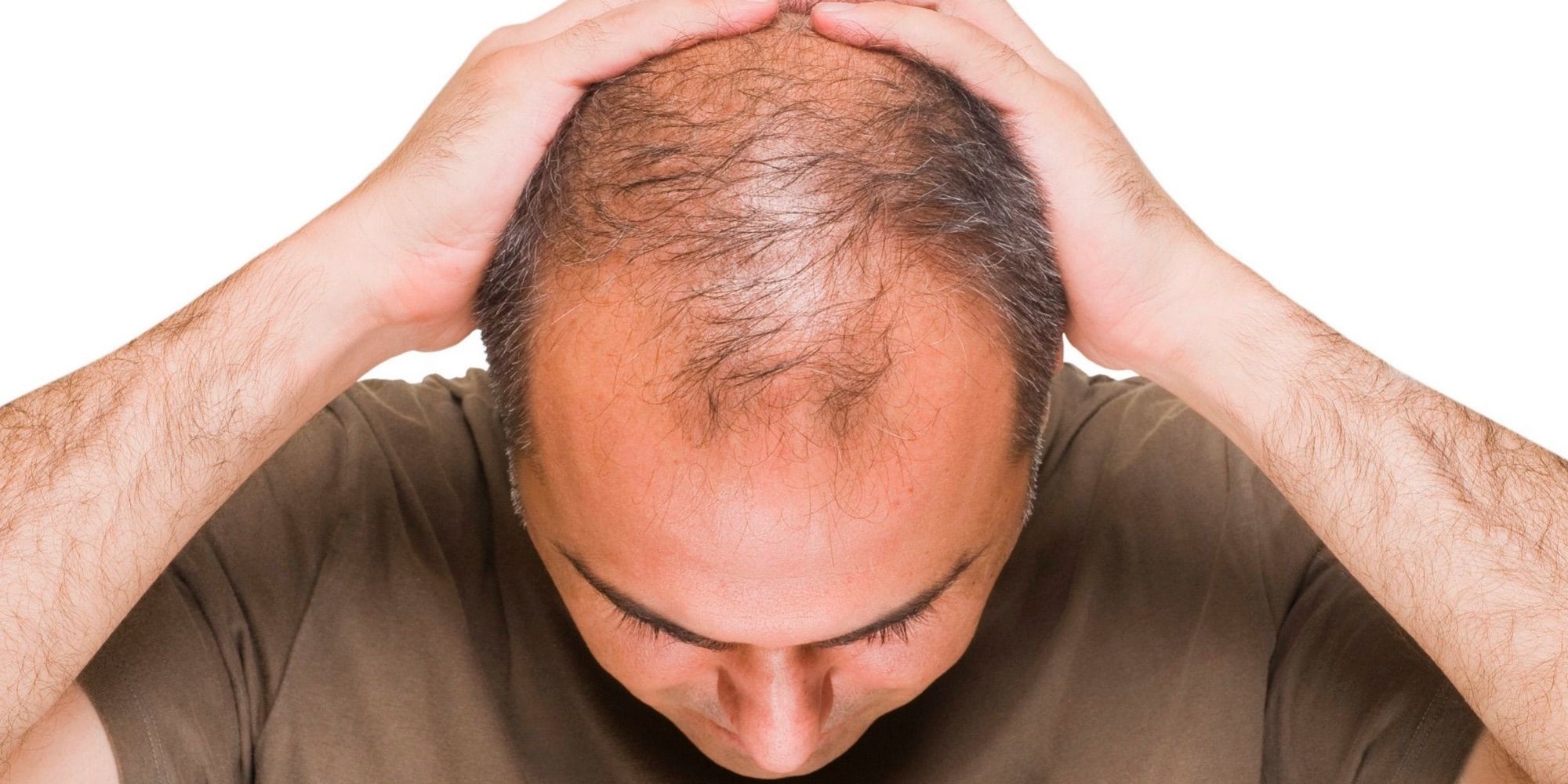A routine health screening is done when you first visit a hair transplant clinic. You will be asked some questions regarding your general health to evaluate whether you have any chronic health problems like diabetes, high blood pressure and cardiovascular diseases.
You may have heard that diabetic people can’t undergo hair transplantation. But, unfortunately, it’s not a fact; diabetes patients can also get their hair transplant done. The only thing they need to do is control their conditions by taking necessary medications regularly.
Many patients don’t disclose their pre-existing medical conditions due to a lack of awareness, and sometimes they do not even know that they have them. However, if you do not disclose them, they might result in harmful side effects post-surgery. You should therefore share all health information with the surgeon in advance. In this way, the hair transplant surgeon can determine whether you are a suitable candidate for hair transplantation or not?
What to consider for a successful hair transplant in diabetic patients?
Generally, hair transplantation procedures are safe and effective for most patients. The list includes even diabetic people, but hair transplantation results are highly dependent on how well you can control your diabetes throughout the procedure until recovery. The type of diabetes you are suffering from also plays a part in successful outcomes.
If you have diabetes and are considering a hair transplant, you need to know a few other crucial considerations and talk about them with your doctor.
The following are some considerations:
- How well is your blood sugar under control
- How lengthy is your hair transplant procedure? Blood sugar and hormone levels may be affected by a lengthy hair transplant procedure.
- Wound healing in people with diabetes is slow – what impact may it have after hair transplantation?
- The impact of diabetes upon your hair loss
- Having diabetes can have adverse effects on your blood, circulatory and immune systems.
At Cosmetic Expert Clinic, we have expert surgeons who can plan carefully so that even people who have diabetes can enjoy successful hair transplants. To begin with, let’s explore the reasons how diabetes affects hair loss.
How diabetes causes hair loss, and when is hair transplantation considered for diabetic people?
The condition of diabetes is characterized by the excessive amount of sugar in the blood. There are two types of diabetes: type 1 & type 2 diabetes. Type 1 diabetes is caused by an imbalanced immune system attacking insulin-producing cells. Type 2 diabetes is caused by insufficient production of insulin.
Hormonal imbalances in diabetic people causing hair loss
The uncontrolled spike in blood sugar levels associated with diabetes can result in hair loss. The endocrine system governs most of our hormones in the body, including regulating hair growth and hair follicle health.
A poorly controlled blood sugar level can affect your endocrine system. This means the androgen hormones like testosterone and dihydrotestosterone (DHEA), which aid your hair growth, are also affected. Thus, your hair follicles become inactive, you lose your healthy hair, it prevents new hair growth, and you may also experience bald patches and hair thinning on your scalp.
However, if you adjust your diet and take medication to control your blood sugar levels, you can notice hair regrowth. Therefore, a hair transplant is an ideal solution in this situation to help stimulate greater hair growth.
Circulatory problems in diabetic people causing hair loss
The development of circulatory complications in diabetic people can also lead to hair loss. If the blood sugar level remains too high, the excess sugar starts reacting with haemoglobin, the component found in the red blood cells.
Haemoglobin carries oxygen molecules to the cells of different body parts. Too much sugar in the blood reacts with haemoglobin and changes its anatomy, called glycosylated haemoglobin. This can clog the capillaries, and as a result, oxygen transportation around the body is also affected. Eventually, the tissues and cells begin to die due to a lack of oxygen. If this happens to the cells of hair follicles, they will die, resulting in hair loss.
Maintaining a balanced blood sugar level is essential for your hair follicles and overall health.
Autoimmune Disease circulatory problems in diabetic people causing hair loss
Type 1 diabetes is associated with the malfunction of the immune system (autoimmune disease). In this condition, the immune system attacks healthy cells instead of unhealthy ones. In the same way, when the immune system attacks hair follicles and destroys them. It leads to a condition called alopecia areata, which causes extreme hair loss. Those with diabetes type 1 are more likely to suffer from this condition.
If you have to inject insulin multiple times a day to control your diabetes, which usually happens in the case of type 1 diabetes, getting a transplant may not be recommended. This is because hair transplantation is a lengthy procedure, and during this time, your blood sugar levels might fluctuate dangerously.

